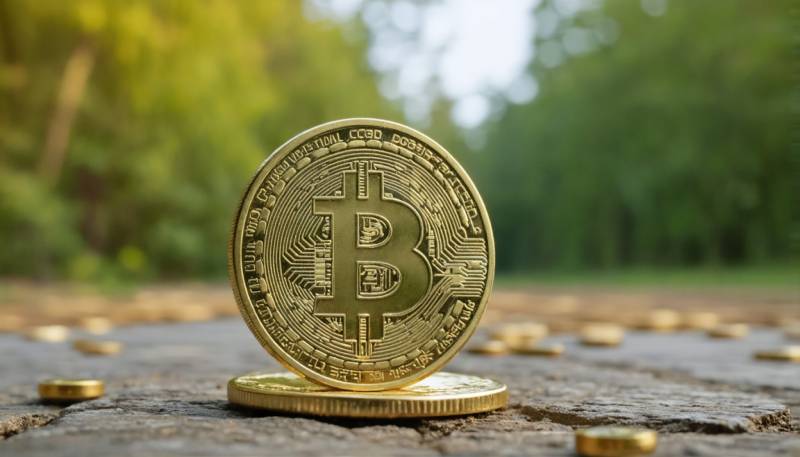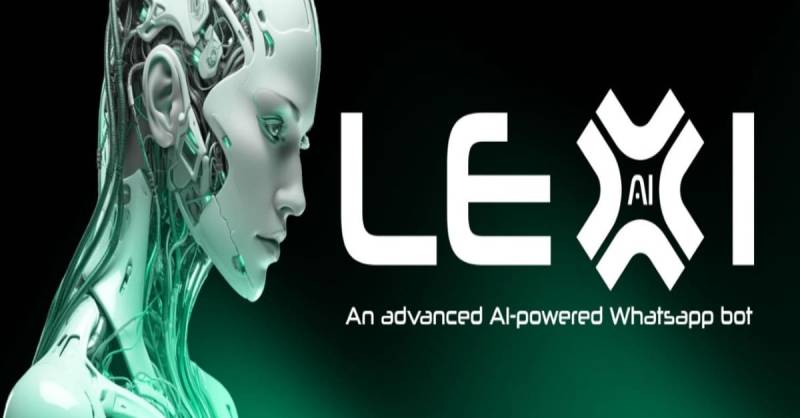 |
|
 |
|
 |
|
 |
|
 |
|
 |
|
 |
|
 |
|
 |
|
 |
|
 |
|
 |
|
 |
|
 |
|
 |
|
Cryptocurrency News Articles
DePIN: Reshaping the Internet and Empowering Users
Sep 27, 2024 at 02:06 am
Brian Trunzo, Global Head of Business Development at Polygon Labs, argues that DePINs represent an opportunity to build useful new services, while redistributing control and value to end-users.

In recent years, a handful of tech giants have gained an alarming amount of control over the internet, threatening our data privacy and digital security. The recent CrowdStrike incident, where a single failure led to widespread disruption, is more than just a wake-up call — it's a loud warning that we’re facing a much bigger problem. But there’s a solution: Decentralized Physical Infrastructure Networks (DePIN). DePIN offers a game-changing way to connect the physical world to the blockchain, completely overcoming the major flaws of our current centralized systems.
This op-ed is part of CoinDesk's new DePIN Vertical, covering the emerging industry of decentralized physical infrastructure.
DePIN networks cleverly link up physical devices like sensors, IoT gadgets, computers, and smartphones with decentralized blockchain networks. By sharing data, offering resources, or helping keep things running, users earn real rewards in digital assets — a fair deal that’s been a long time coming in the digital world. This setup doesn’t just empower users to benefit from their involvement; it frees them from the grip of centralized middlemen who’ve been exploiting the system for too long by profiteering from user data. These middlemen use this data for targeted advertising, marketing, and analytics, generating massive revenue while offering little in return to users.
The idea is simple: spread out physical infrastructure and reward people for contributing to the network. These contributions can be anything from sharing data about your driving habits or vehicle performance to renting out extra hard drive space, sharing your internet bandwidth, or connecting weather sensors for real-time environmental data. Instead of just handing over your data to big tech companies to monetize it, DePIN lets you share it and actually get paid. It’s more than just getting involved — it's about making sure every user becomes a stakeholder in the infrastructure they rely on.
Real-World Applications
Today, DePIN-based projects are already reimagining countless aspects of our day-to-day lives. Take geolocation as an example, where blockchain networks like GEODNET are pushing the boundaries of location accuracy to centimeter-level precision, unlocking huge potential in fields like agriculture, construction, and drone operations. Such solutions allow farmers to fine-tune crop management like never before while construction projects could hit new levels of precision and autonomous drones could navigate with pinpoint accuracy — all thanks to a network powered by individuals who both contribute to and benefit from it.
In another instance, the rise of community-driven internet access, like WiFi Map’s 150 million active hotspots worldwide, isn’t just a new option. It’s a bold challenge to the outdated telecom monopolies. Meanwhile, DIMO allows people to collect, use, and monetize data from their vehicles, simultaneously offering developers special APIs to build applications to leverage this information for use cases like insurance, vehicle maintenance, and fleet management.
In another instance, Witness Chain, a DePIN proof system that has already attracted more than $5 billion in delegated stake from EigenLayer restakers, is actively working to unify the often siloed DePIN economy. The network allows disparate DePIN projects to share their physical locations, network capacities, and other data to connect with each other, establishing an end-to-end supply chain of decentralized infrastructure.
Other DePIN projects, such as mobile network operator XNET, are making strides to bring reliable network connectivity — which is today considered a human right by the UN — to the 2.9 billion people in the world who are still offline. XNET leverages the bandwidth reserved for Citizens Broadband Radio Service (CBRS) and carrier-grade Wi-Fi to build a decentralized community of network operators coordinating via a common blockchain.
Similarly, storage networks like Filecoin let people use their extra storage space to create a more resilient, efficient, and user-friendly alternative to traditional cloud storage. This shift makes such services more accessible and affordable while giving users control and a chance to earn from resources that would otherwise go to waste.
Ultimately, decentralization is not only improving access but also democratizes the core of our highly interconnected digital world.
What’s holding us back?
While current decentralized storage solutions may not yet match the cost-efficiency of centralized alternatives, this is a temporary hurdle; not a permanent barrier. However, this is a solvable problem. Better data compression and consumer-grade hardware advancements will lead to a "sweet spot" where decentralized cloud storage becomes as efficient as centralized options.
Technology is meant to be anti-fragile. The fact that we will suffer from massive outages due to single points of failure isn’t just inconvenient or unacceptable — it's a damning indictment of our current system. But again, this problem is solvable too; we get there by truly decentralizing all aspects of our digital infrastructure, including often overlooked elements like provers in blockchain systems.
Open-source tools will power this transformation. ZK tools like Plonky3 are already being used to create provers and other critical infrastructure, with
Disclaimer:info@kdj.com
The information provided is not trading advice. kdj.com does not assume any responsibility for any investments made based on the information provided in this article. Cryptocurrencies are highly volatile and it is highly recommended that you invest with caution after thorough research!
If you believe that the content used on this website infringes your copyright, please contact us immediately (info@kdj.com) and we will delete it promptly.
-

-

-

-

- IMF Releases New Requirements for El Salvador to Access Full $1.4 Billion Loan, Including Phased Reduction of Government-Backed Chivo Bitcoin Wallet
- Mar 05, 2025 at 12:45 am
- The International Monetary Fund (IMF) has released fresh requirements and guidelines for El Salvador to follow to access its full $1.4 billion loan support.
-

-

-

-

-



























































